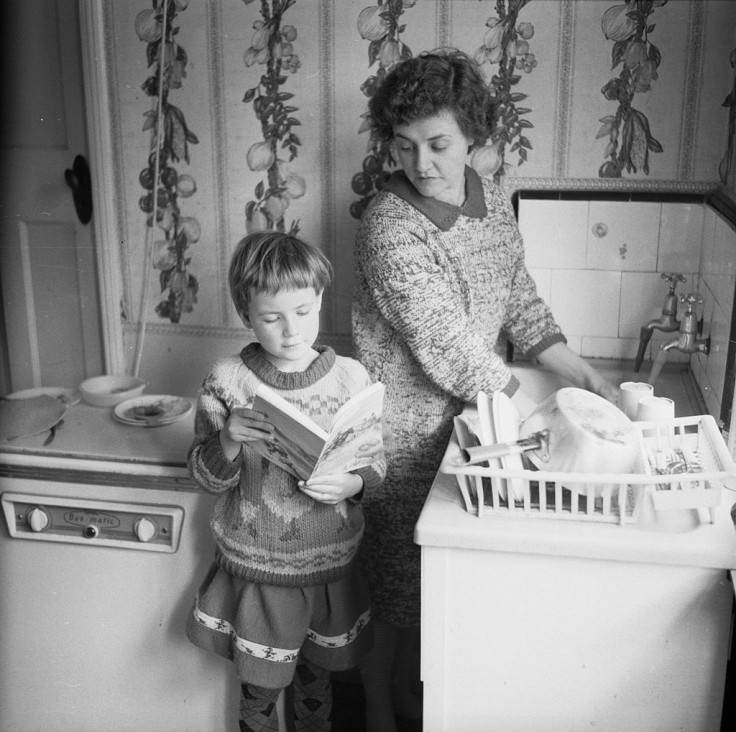
It is given that parents need to do house chores to keep the house running and in order, but surprisingly, there is a debate regarding assigning housework to children.
Some parents want kids to enjoy their childhood, and "let kids be kids," and enjoy their time while they are young. Other parents tended to do the housework themselves, to finish it as quickly and efficiently as possible. Although these arguments make sense, some parents may overlook the benefits of giving kids regular household chores.
The house chores linked to better performance in school
A recent study, published in Australian Occupational Therapy, looked at the association between regular chores and the child's cognitive functioning, mainly the executive function.
The new research from La Trobe University says that giving kids chores regularly is associated with better academic performance and problem-solving skills.
The methodology involved parents and guardians of 207 children from ages five to 13. The parents or guardians were asked to complete a questionnaire on the number of daily chores their children completed and their child's executive functions. The findings revealed that interventions involving household chores like cooking and gardening might be particularly beneficial for children, Neurosciencenews reports.
Executive functions developed from regular housework
The study also concluded that routine chores improve the child's executive functions such as planning, self-regulation, switching between tasks, and following instructions.
Executive functions are working memory, the ability to monitor and manipulate temporary information, inhibition, and the ability to inhibit automatic responses or suppress irrelevant details to focus on a task. Executive function is also the ability to move focus between tasks.
Deanna Tepper, a Ph.D. candidate and the lead author of the study, said that parents might be able to use age and ability-appropriate chores to hasten the development of executive functions. The results revealed that children regularly tasked to prepare a family meal or weed the garden may be more likely to excel in schoolwork or problem-solving. Tepper said these skills often develop in early childhood and continue to develop until adolescence and adulthood.
Meanwhile, children with impairment or delays in executive functioning development struggle with self-regulation, planning, and solving problems as adults. Public News Time says it also has implications for reading, mathematics, and overall academics in childhood.
Honing the executive function is also linked to engagement in tertiary education and better physical health and financial status as they become adults.
How to improve executive functions
As per the research, it is possible to improve executive functions by developing individualized learning activities and routines.
In conclusion, the findings revealed that children engaged in childhood chores have better inhibition and working memory. Most chores require individuals to self-regulate, plan, switch between tasks, maintain attention, and plan, to develop the executive function.
As per VerywellFamily, chores help the children learn about responsibility and self-reliance. Household chores are life skills that would teach kids about teamwork and a strong work ethic and build on their self-esteem.
Related Article: Indian Husband Divorces Wife for Serving Him Maggi Noodles for Breakfast, Lunch, and Dinner Every Day